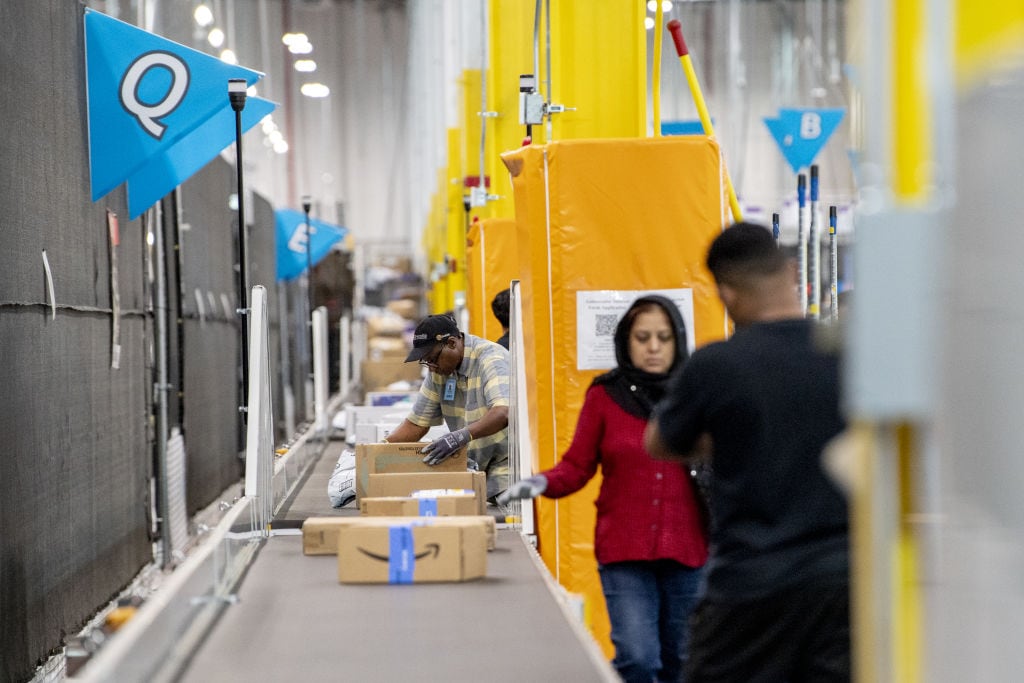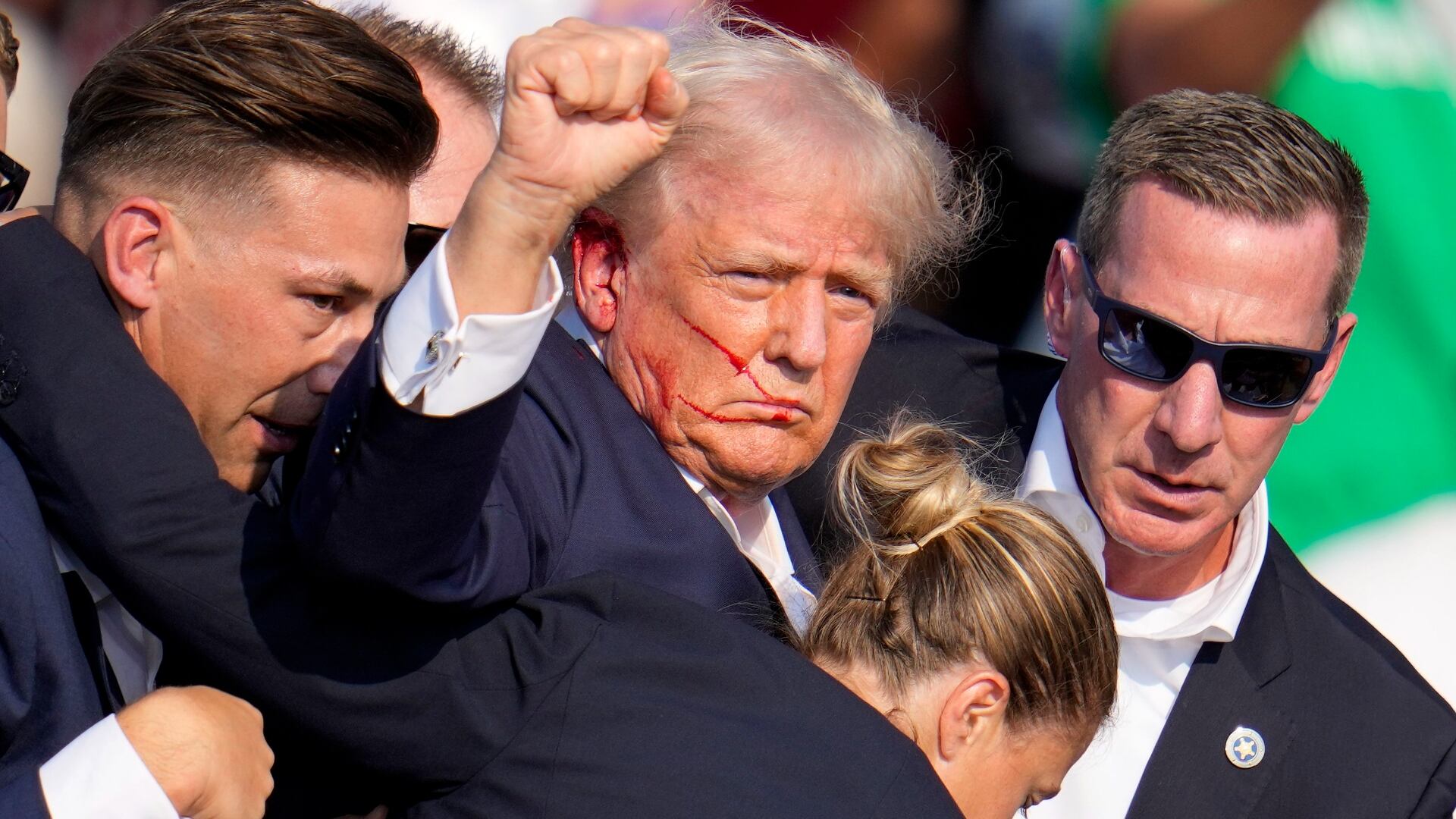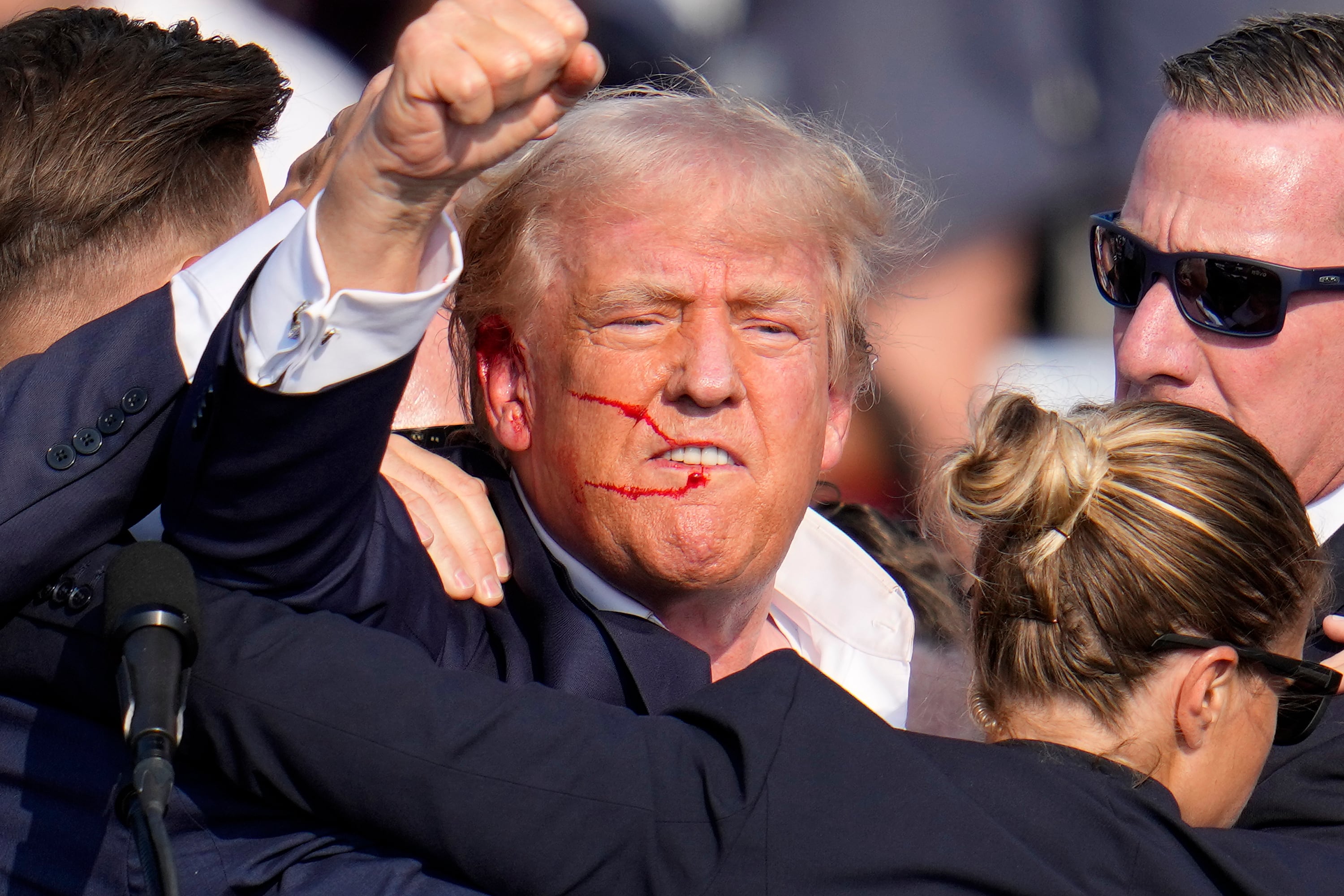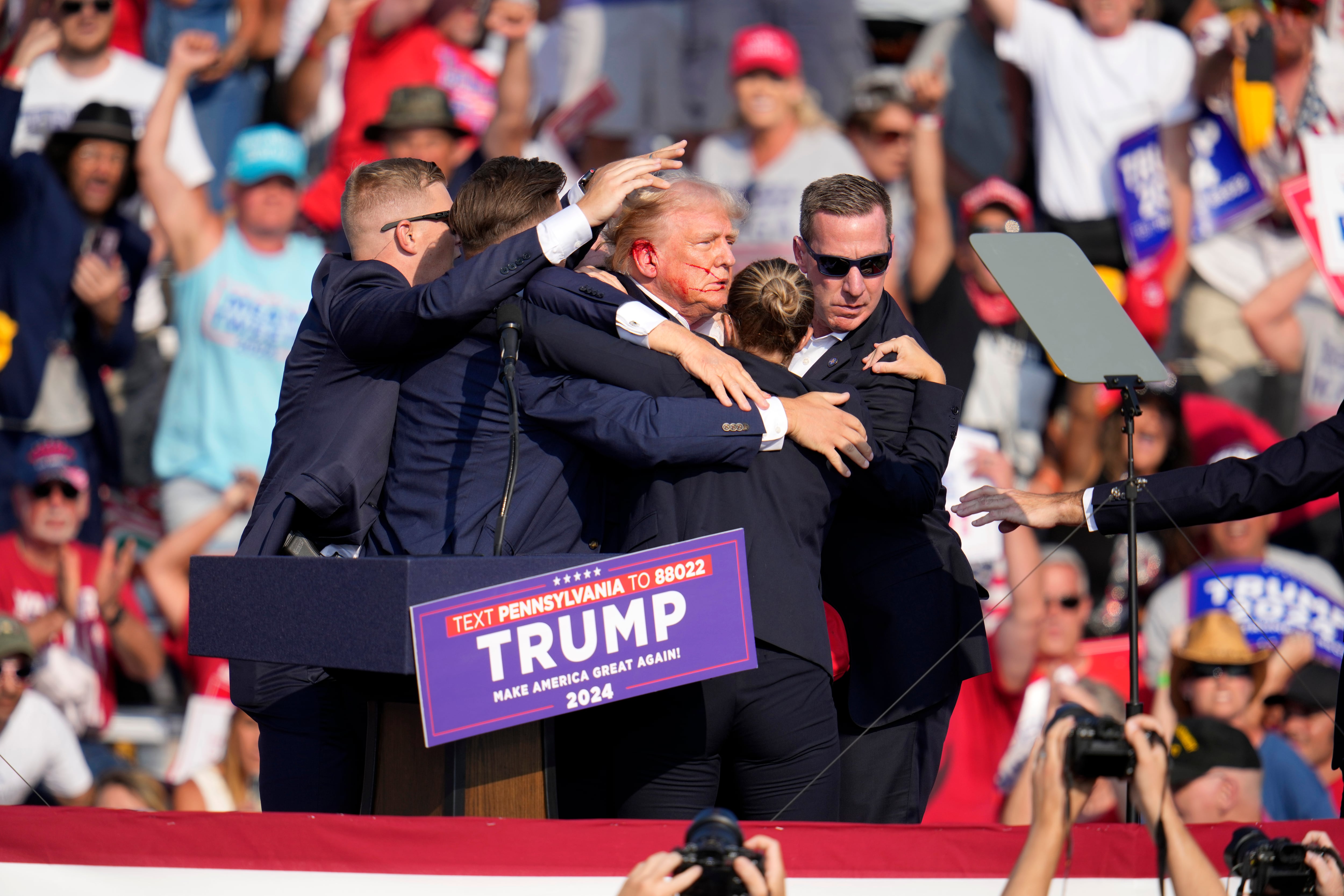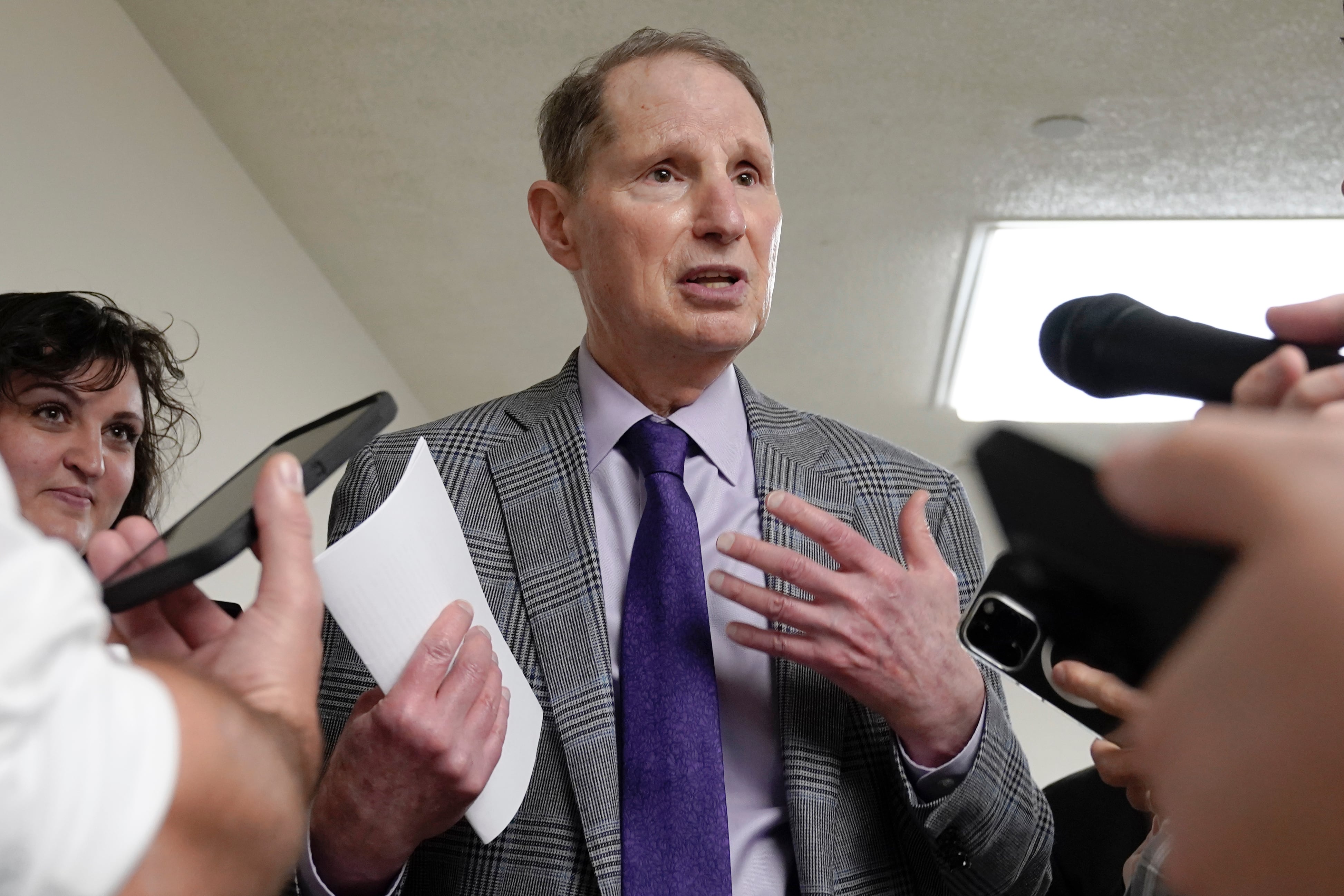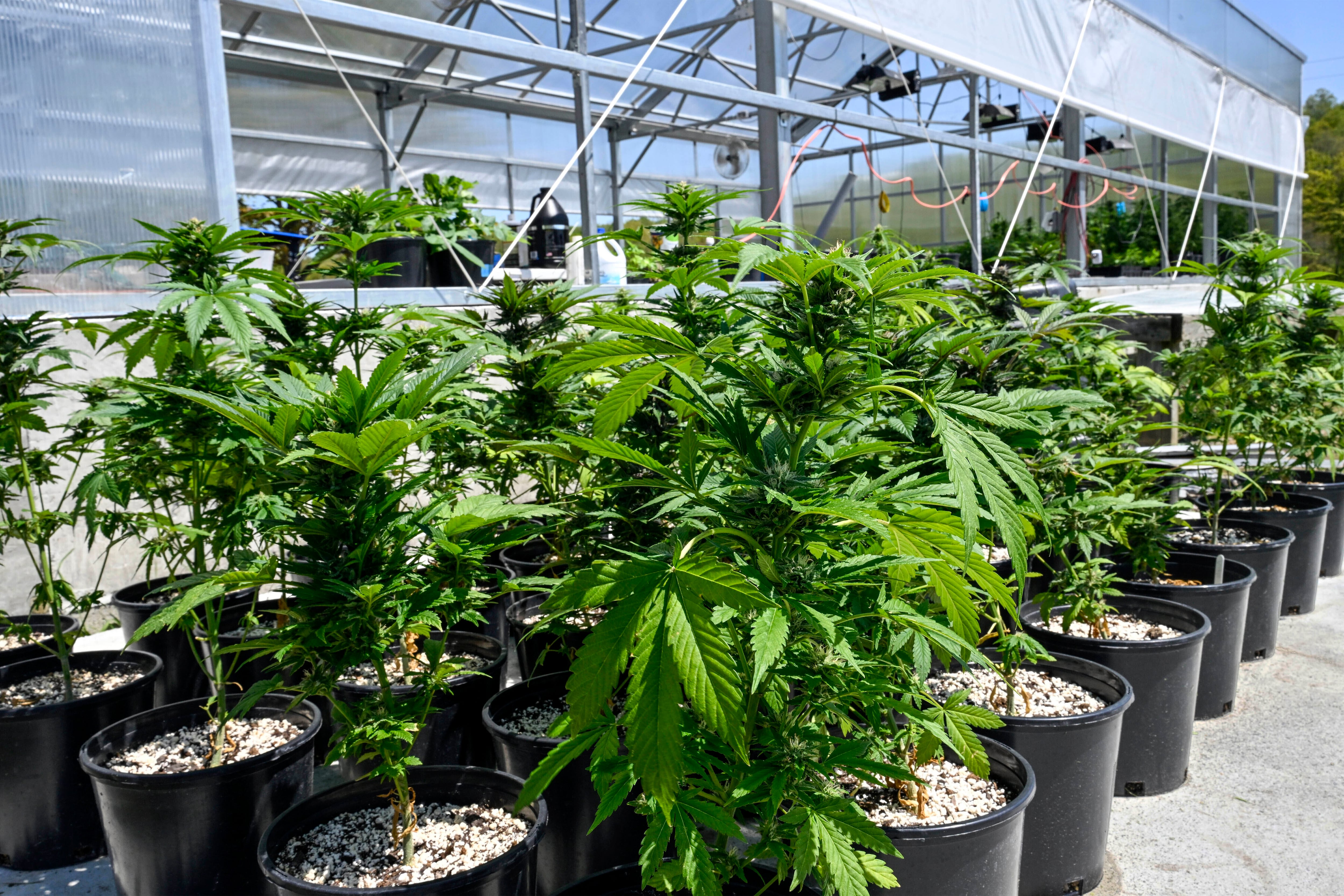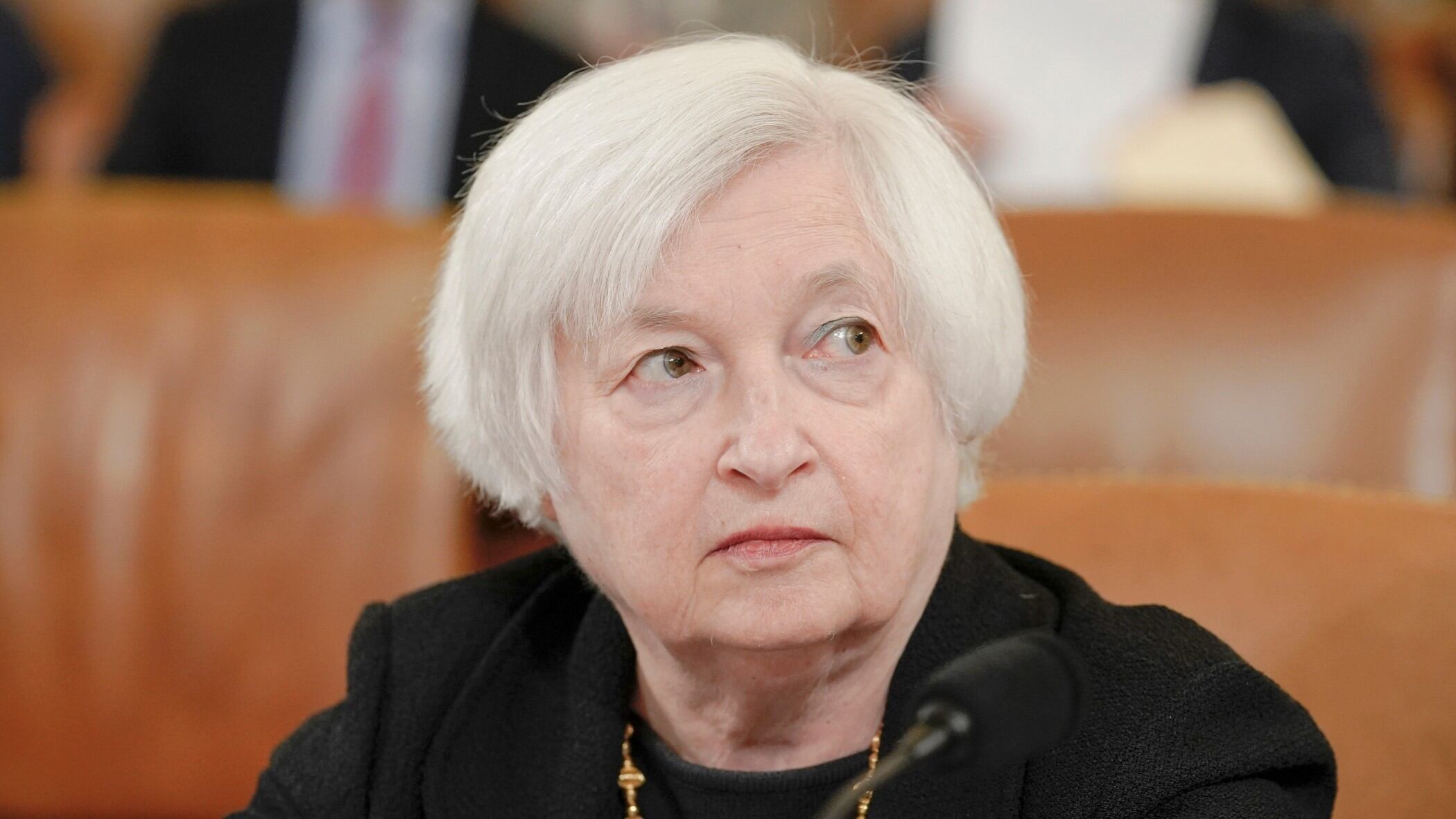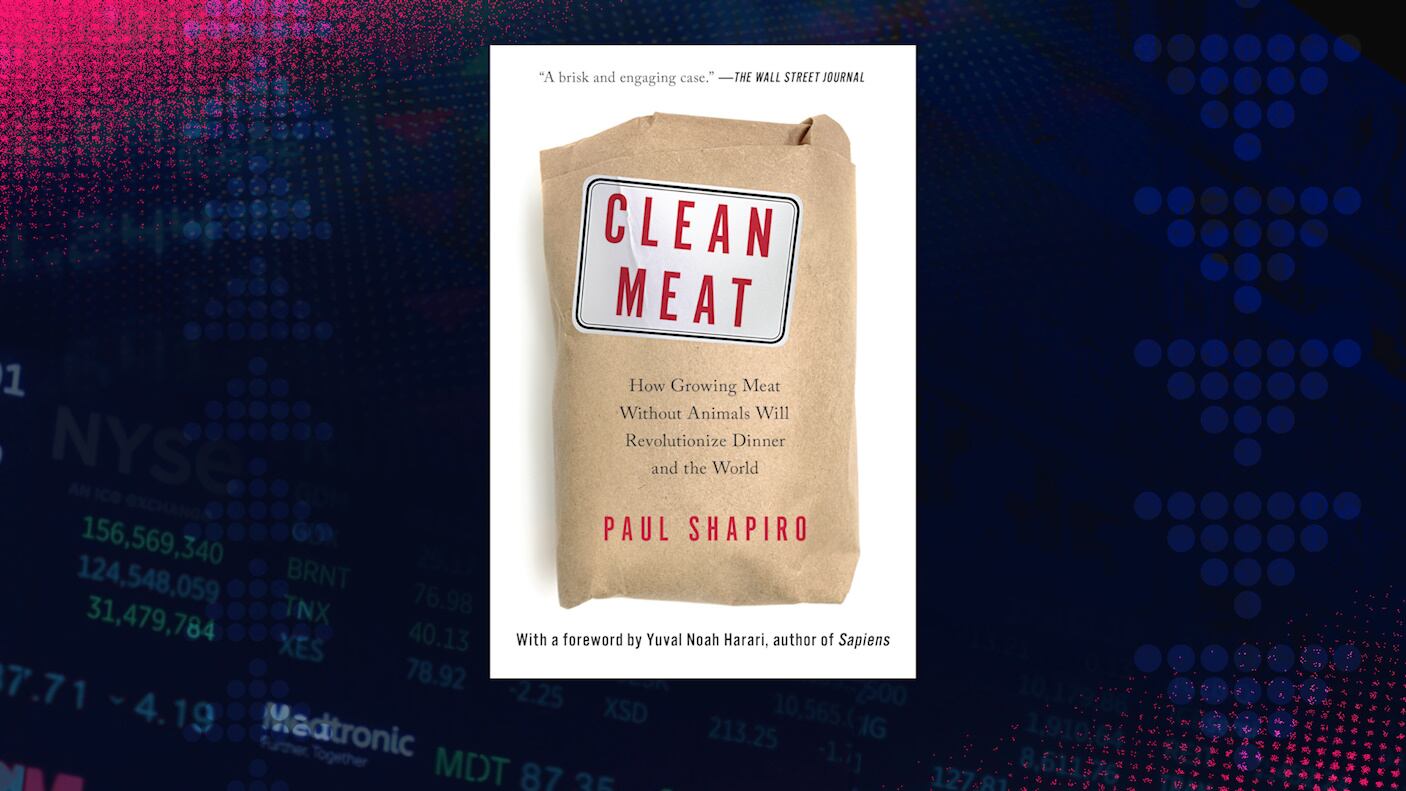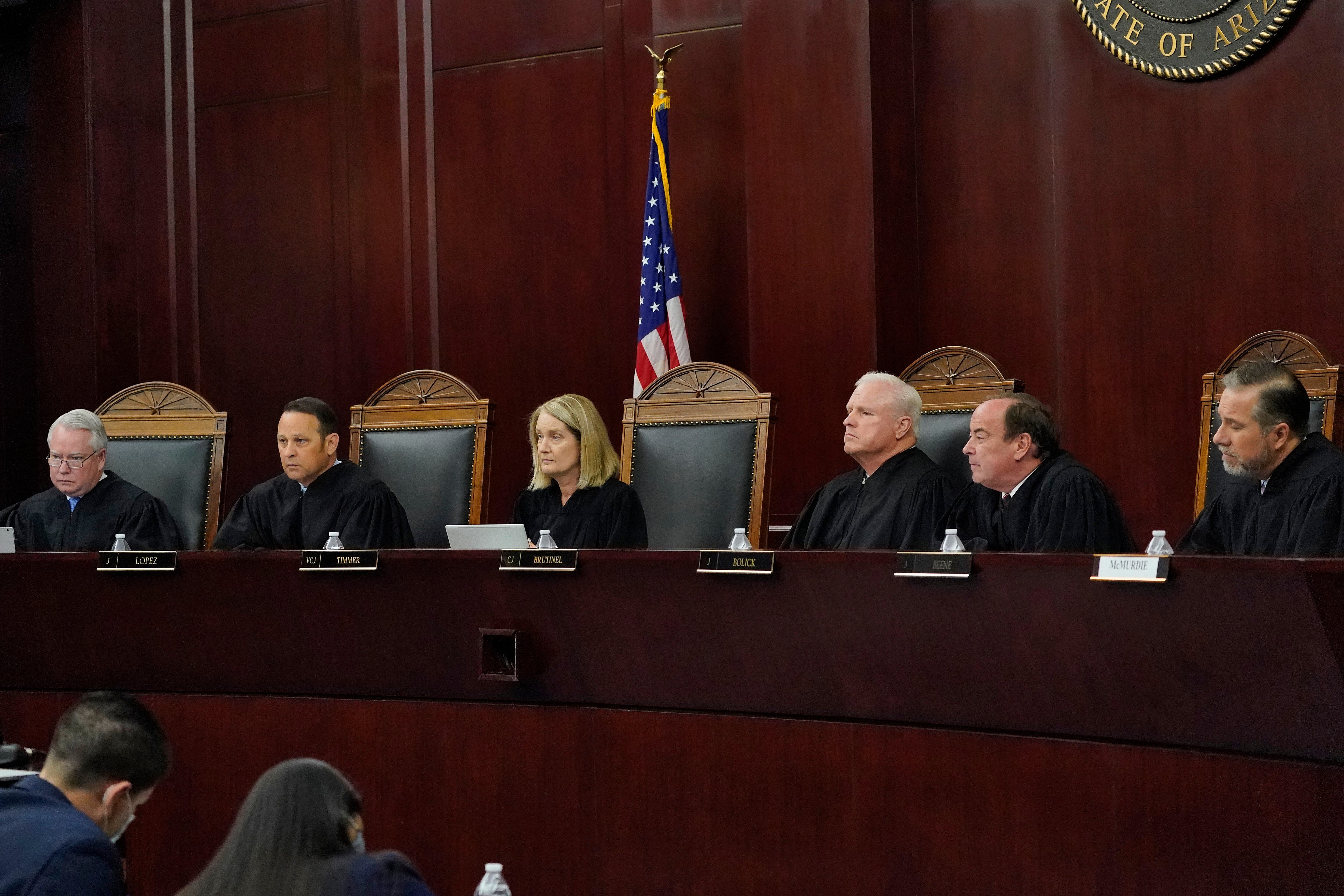Six more states will vote in the Democratic primary Tuesday night in the first contest since Senator Elizabeth Warren and former NYC Mayor Mike Bloomberg exited the field and prominent moderates coalesced around former Vice President Joe Biden.
Biden and Vermont Senator Bernie Sanders will go head to head for the 352 delegates promised on what some are calling ‘Super Tuesday 2.0,’ with a focus on the battleground state of Michigan, where Biden is up by 24 points according to the last Detroit Free Press poll out today. FiveThirtyEight also has the former VP slated to win every state tonight.
Michigan, a blue state for Obama that voted for Trump in 2016, but also awarded Sanders a surprising primary victory the same year, is potentially showing signs it may again lean blue. One Republican mayor said he is backing Biden in the primary. Michael Taylor of Sterling Heights, in Macomb County, voted for John McCain in 2008 and Mitt Romney in 2012 and his county voted for Trump in 2016.
Some states voting today are battling coronavirus outbreaks like heavily stricken Washington, which promises the second-highest delegate haul. The state, which votes-by-mail, has asked voters to use water (instead of saliva) to seal ballot envelopes. As for Michigan, election officials are advising regular cleaning of voting machines and social distancing between voters.
Though campaign rallies are still on, staffers were using hand sanitizer on those entering rallies at a Biden event in Michigan. President Trump has also said he is not changing his own campaign plans, though public health officials worldwide are advising against public gatherings.

